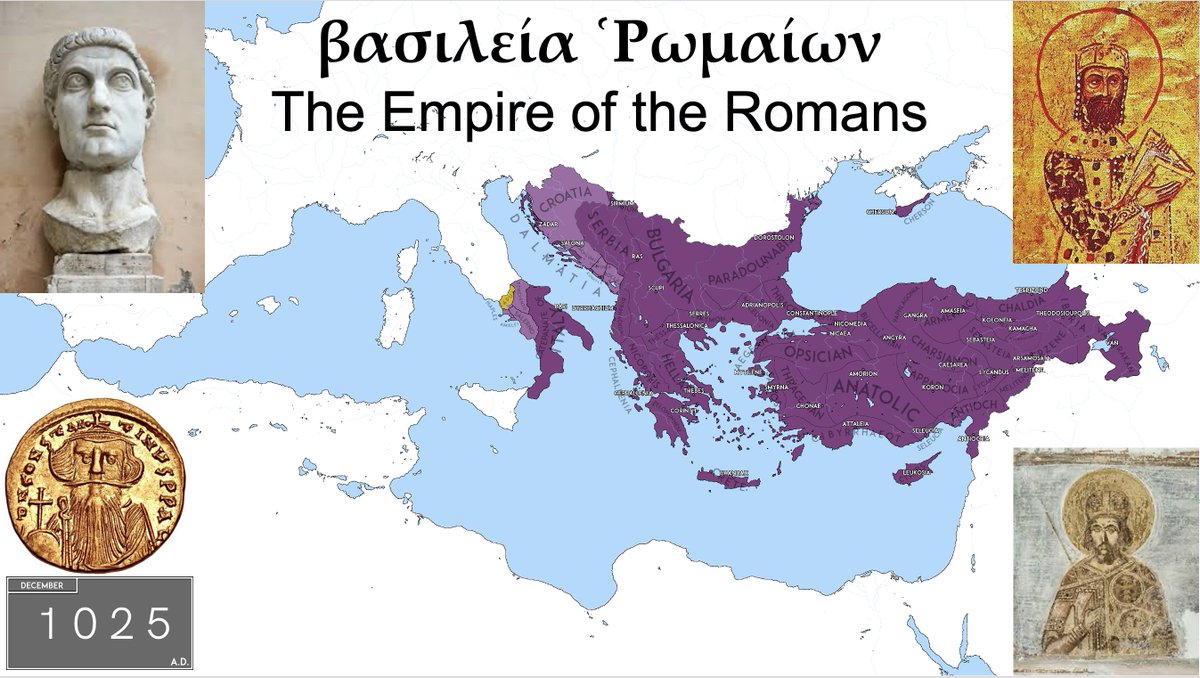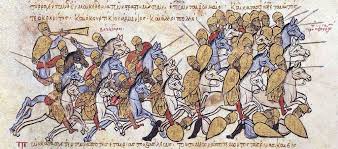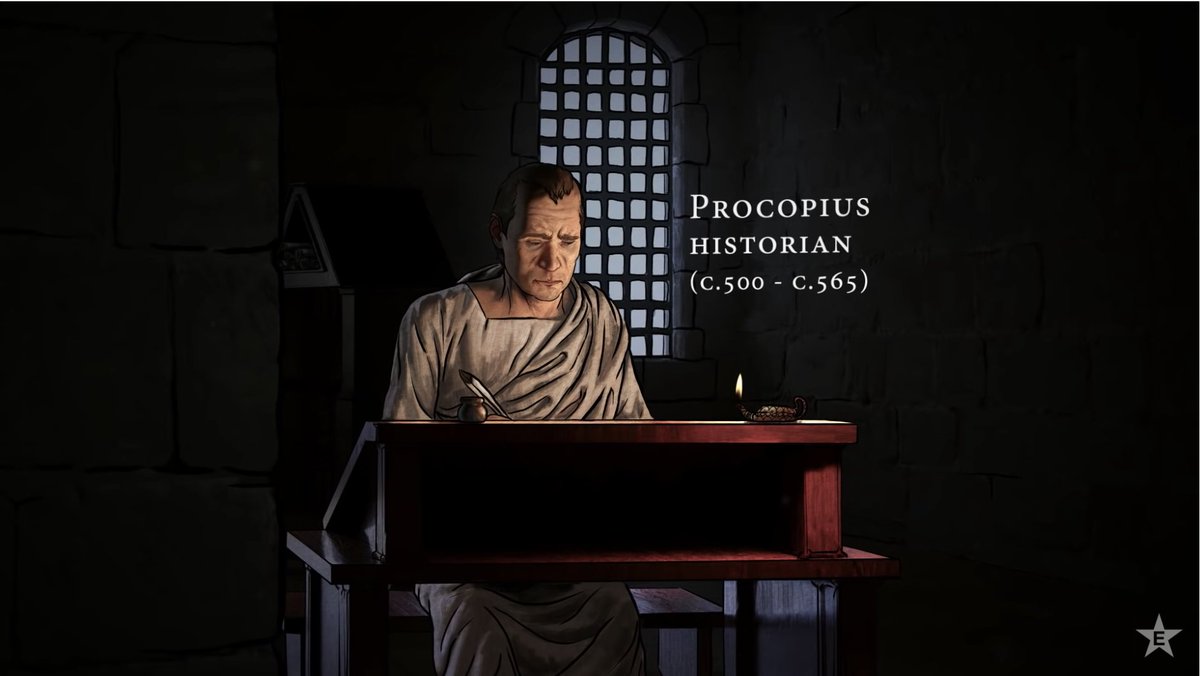How I wrote #BelisariusAndAntonina Part 7: My research travel in Rome began on February 16, 2020. After years of daydreaming about this, I finally had a research sabbatical with an extended stay in Rome to kick off the book project. Excitement! 🧵 #History #Book #AcademicTwitter 

My plan was to live in Rome for a month. During that month, I would visit the city’s Aurelian walls and its gates, which were critical during Belisarius’ stays in the city. More on that tomorrow. When not doing that, I planned to do research and writing at the Vatican Library.
Today I would like to take you through my experiences in the Vatican Library. It is an inspiring place to work, but did you know that even a university professor cannot just get in automatically? I had to bring a letter of certification of my credentials from my department chair! 

While in the library, I spent time reading and beginning the writing of Chapter 4 (on Belisarius’ first campaign in Italy) in the reading room, seen pictured in this tweet. It was gorgeous, and all books within the library’s main collection are available to read here. 



I also went to the manuscript reading room, seen pictured in this tweet. Here I spent some time with Vat. Gr. 1001, a 14th century manuscript that contains Procopius’ Secret History. When Niccolo Alamanni published it in 1623 it became the first edition of the text. 

We were not really supposed to take photos of the manuscripts, but I couldn’t resist, so here is just one picture of Vat. Gr. 1001, to give a taste of the Greek script that Niccolo had to make sense of when creating his edition of the Secret History. 

While in the manuscript room, I also ordered the oldest available manuscripts of the Liber Pontificalis, to read what that source had to say about Belisarius and Antonina deposing Pope Silverius. This was to confirm what I had already read in published editions. 

Was any of this *strictly* necessary for me to write #BelisariusAndAntonina? Maybe not. I could have in theory written the book with published editions of these sources available in research libraries in the United States.
However, I think there was considerable (if unquantifiable) value to spending time in Rome, a city in which Belisarius himself spent a lot of time (about 2.5 years of his life). There is also value to reading, thinking, and writing in a place as historic as the Vatican Library.
If one can swing it, some degree of immersion into the world that one is writing about is well worth the investment of time and resources.
Tomorrow: Still in Rome in February 2020, I survey the Aurelian wall and its gates.
Tomorrow: Still in Rome in February 2020, I survey the Aurelian wall and its gates.
• • •
Missing some Tweet in this thread? You can try to
force a refresh





















